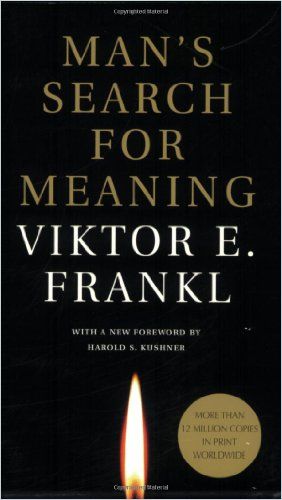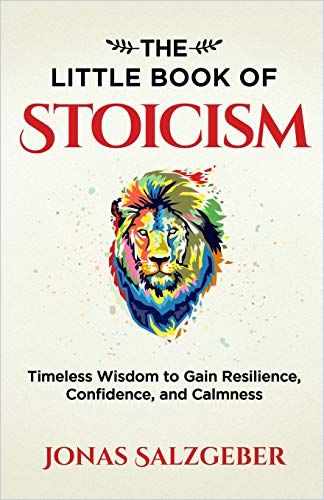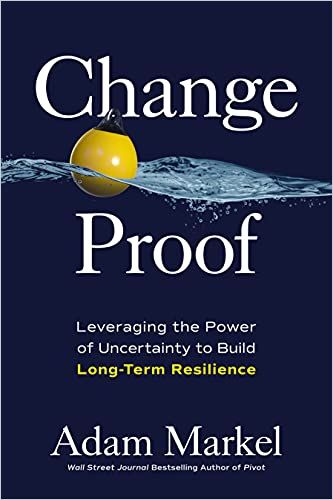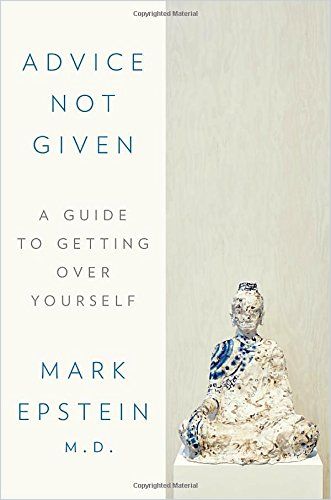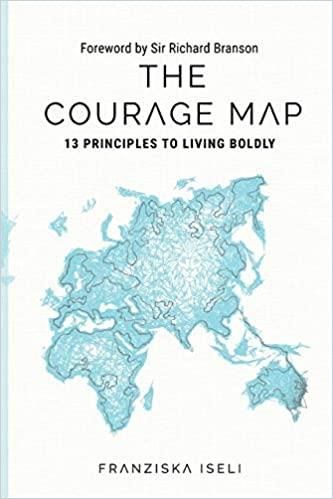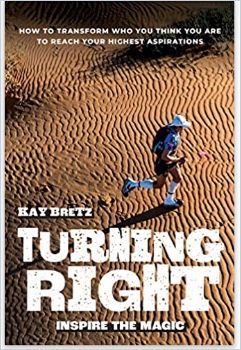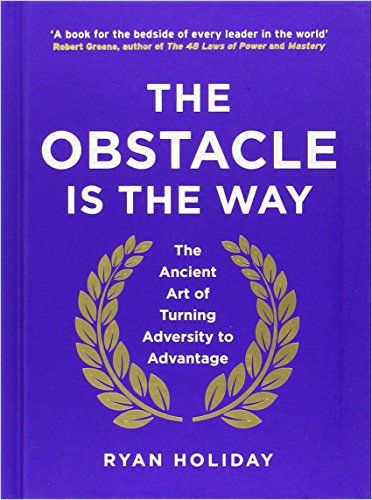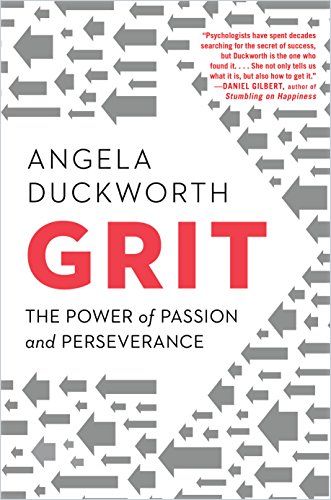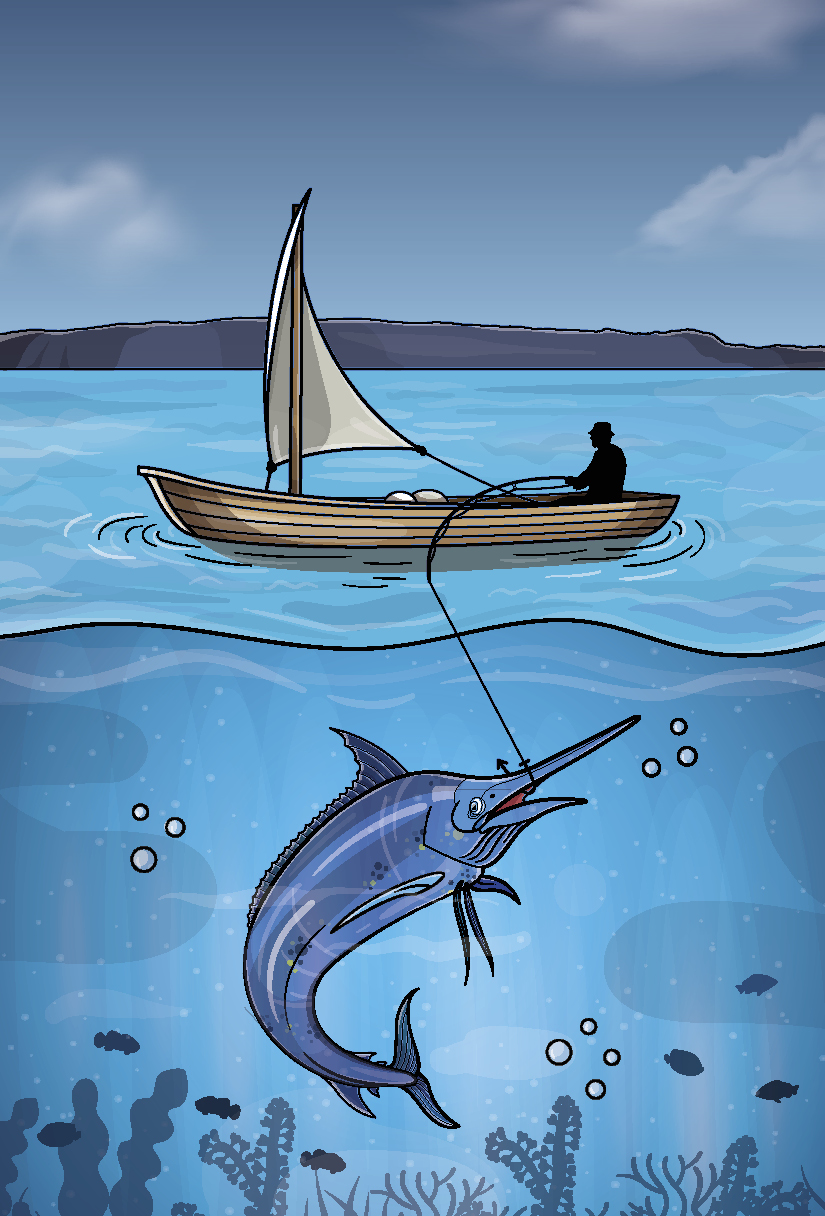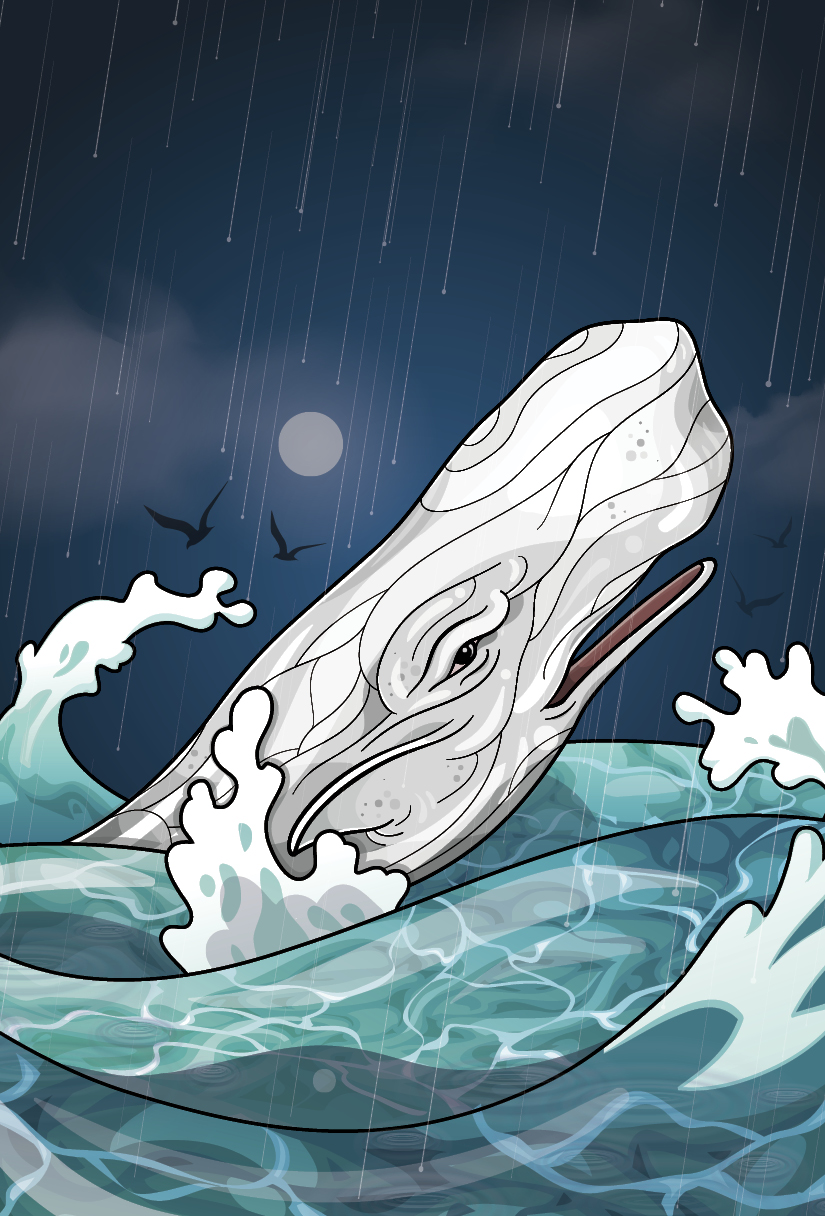Foregoing Comfort for Adventure
Homer’s Iliad
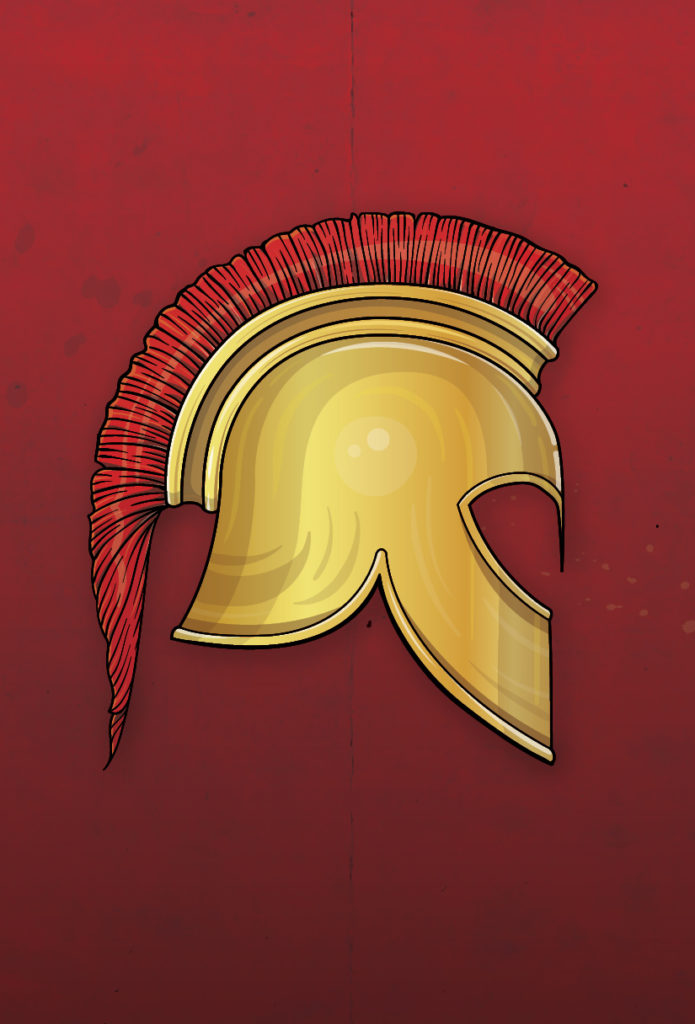
For millions of people in the developed world today, it’s quite possible to live a life of comfort and ease: Work a job, pay the bills, raise the kids, plan for your retirement. But deep down, there’s this itch: the realization that there is more to life than pursuing an average existence. Facing challenges, pushing personal boundaries, taking a stand for what you believe in – that’s what ultimately makes you feel alive.
This yearning for meaning and adventure is encapsulated in the Iliad, an action-packed adventure story that continues to enthrall readers up to this day.
What It’s About
The Iliad is one of the oldest works of Western literature. The epic poem covers a 52-day period in the 10-year-long Trojan War – a very important event in Greek mythology. Aside from courage and bravery in war, the Iliad extols moderation and self-restraint as virtuous human behavior. It glorifies aristocratic values such as honor, fame, bravery and loyalty and builds on the idea that most men come close to those aristocratic and even divine ideals. Rather than trying to evade their mortal fate, the human protagonists embrace it, knowing that they will become immortal in heroic songs.
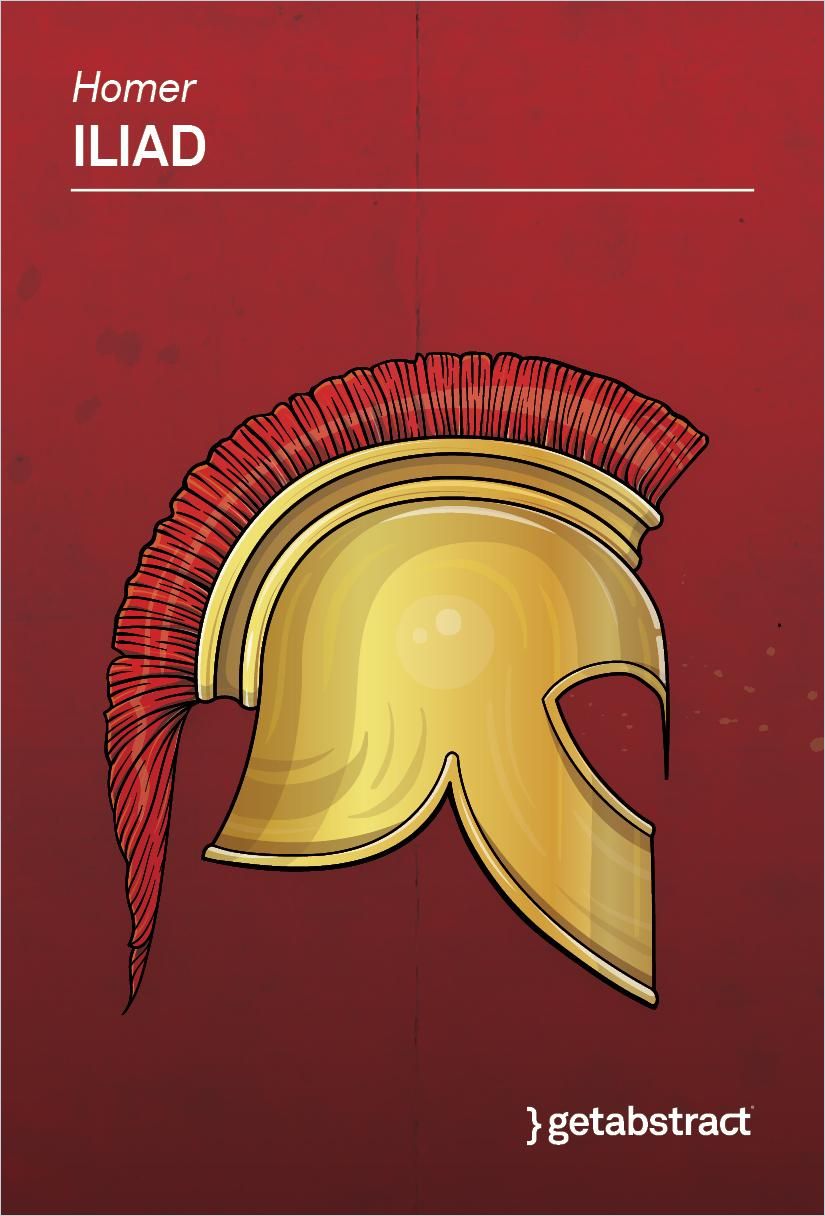
Three Life Lessons
1. You Are Not in Control of Your Fate – And Never Will Be
The Iliad is a story about war – a hallmark of which is drastic reversals of fortune. It destroys lives and livelihoods but can also bring renown to young fighters committing acts of bravery and heroism. The Iliad depicts a world of randomness and unfairness, where bad things happen to good people and vice versa. Hector, the most noble warrior in the tale, puts his own selfish interests behind those of family and homeland – only to end up dying a brutal death without receiving much recognition for his sacrifice. The Gods’ frequent interventions in human affairs, as well as their internal rivalries, appear random – a way for Homer to portray the vicissitudes of life.
And fate? No one alive has ever escaped it, neither brave man nor coward, I tell you – it’s born with us the day that we are born.
Hector,Iliad
Letting go of what you can’t control is a cornerstone of building resilience. Adverse life events will feel less unsettling if you accept the premise that uncertainty and change are intrinsic to human life. What matters is how you cope with your circumstances. As Viktor E. Frankl explains in his moving memoir of spending three horrific years in Nazi death and labor camps: What happens to you – including suffering – is secondary to your response to it. How you cope with your fate adds or subtracts meaning from your existence.
In the secular West, some have found solace in the ancient Buddhist teachings of accepting life as a constant process of change. Navigating uncertainty will become much easier once you stop resisting the fact that nothing is permanent and often beyond your control.
2. Leading a Life of Meaning Requires Courage
The chief protagonist of the Iliad, Achilles, faces a choice: to return to Phthia and live a safe, unremarkable life, or to stay on and fight at Troy to pursue glory. Obviously, Achilles opted for the latter – otherwise, we wouldn’t be reading the Iliad today. But the crossroads Achilles faces reveals something universal about the human condition: the perennial choice between safety and risk, comfort and adventure, trivial pursuits and meaningful endeavors.
Choosing adventure does not need to involve quitting your job and traveling the world, or taking up skydiving. Rather, it means doing things that are hard; being willing to endure discomfort; and refusing to give in to fear.
Courage, Franziska Iseli explains in The Courage Map, is not the opposite of fear. Rather, courage allows you to face your fears while pursuing something that gives your life meaning. Courage, she posits, means taking worthy risks – risks with a purpose. Building your capacity for courage will help you stay true to yourself and stand up for your convictions, even when doing so is uncomfortable.
Are you tired of doing things in a small way? Are you fed up with proceeding down the same worn path? Does your internal accounting ever total up the high costs of selling yourself short? These are some of the questions elite ultramarathon runner Kay Bretz encourages you to ponder as you go about your big adventure called life.
3. Never Give Up on What Is Important to You
Throughout the Iliad, protagonists show extraordinary perseverance in the pursuit of goals they deem worthy. The tale also gives an example of how wrong things can go when you ditch your calling. When Paris withdraws instead of facing Menelaus in one-on-one combat, he is cast as a coward for failing to end the war without causing further bloodshed.
No matter what talents you are born with, what matters most is continual effort. You must persevere – whether you are building new skills, pursuing a personal goal or fighting for a cause. Those who excel in a given field work hard, sustain their unwavering passion over many years and persist when obstacles emerge. Life demands nonstop effort, which both requires and nourishes grit. As psychologist Angela Duckworth explains, you need grit to keep going; and keeping going grants you more grit.
Find inspiration from leaders who turned obstacles into opportunities and everyday heroes who mustered the fortitude to overcome crushing adversity. Learn how to fight your biggest fears, discover your highest goal and follow a path of meaning. What adventure is yours to choose?
